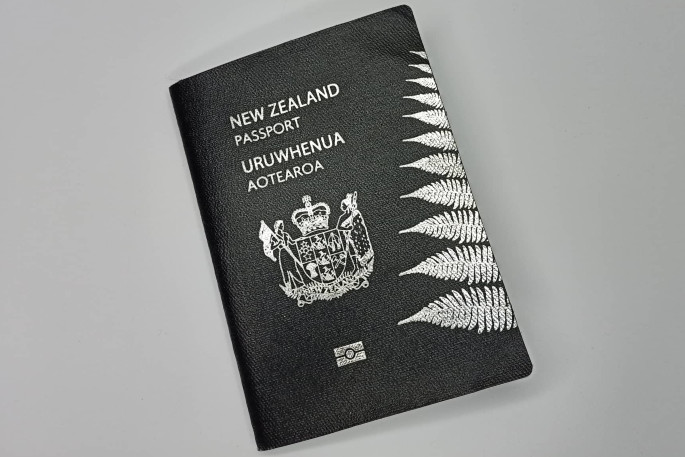This Content Is Only For Subscribers
Starting April 11, Immigration New Zealand will be able to issue infringement notices to employers with the aim of addressing lower-level immigration non-compliance and deter those who take advantage of migrant workers.
Infringement penalties can include: a minimum fine of $1000, loss of accredited employer or Recognised Seasonal Employer status, and being banned (stood-down) from supporting further visas for migrant workers for a period of time depending on the number of infringement notices the employer receives.
More serious breaches may result in criminal charges.
Being stood-down means employers cannot get their accreditation back or support visa applications during the stand-down period. Stand-down periods include: six-month stand-down for a single infringement notice, an extra six-month stand-down for each subsequent infringement notice and a 12-month maximum stand-down for multiple notices issued at one time.
Employers can hire migrants on open work visas while on the stand-down list. When the stand-down ends the employer must show they have rectified the matter and done what is needed to stop it happening again before they can get accredited again under the AEWV.
National manager immigration compliance Stephanie Greathead says the majority of employers do the right thing and the employment situation works well for both employer and the migrant worker. However, Immigration sees a small number of employers who aren’t following the rules.
“In the past the only real significant deterrent option available to Immigration was prosecuting employers through the criminal court system, while that is still something we will continue to do, being able to issue employers with infringement penalties allows us to take immediate action against employers who aren’t complying.
“We will be publishing a stand down list on the Immigration website naming those employers who have been penalised and stood down, this adds a layer of transparency,” Stephanie says.
Infringements can be issued for employing people in breach of their visa conditions, employing a person unlawfully in New Zealand, or failing to comply with a 10-day information request.
“Non-compliance with these three requirements now has immediate consequences. The new tools make it easier to stop employers who have committed immigration offences from accessing migrant workers in the future. It also ensures we have strong systems in place to enforce employment and immigration standards, which will help create a fair and level playing field for all employers in New Zealand,” Stephanie says.



